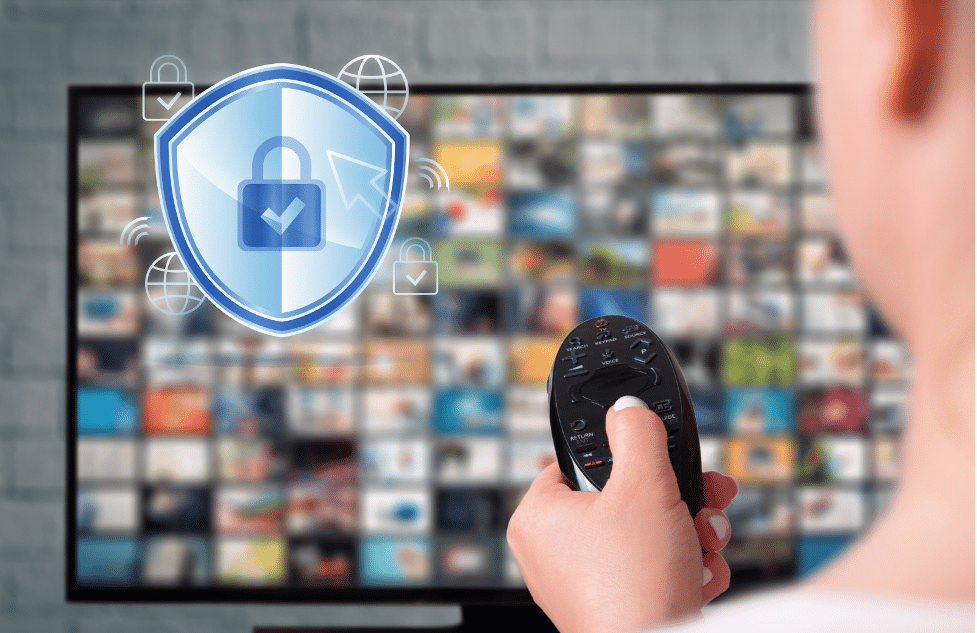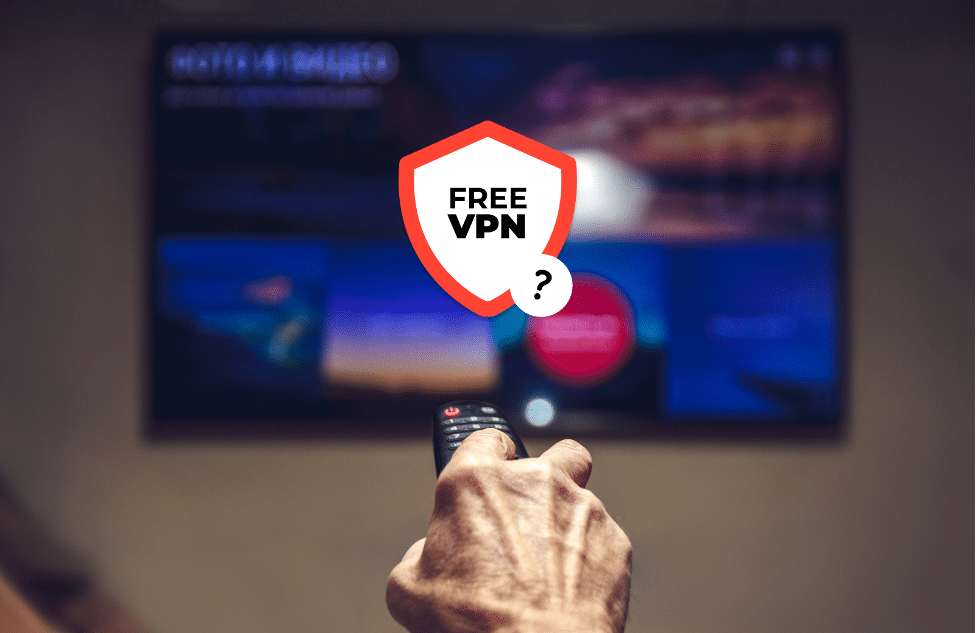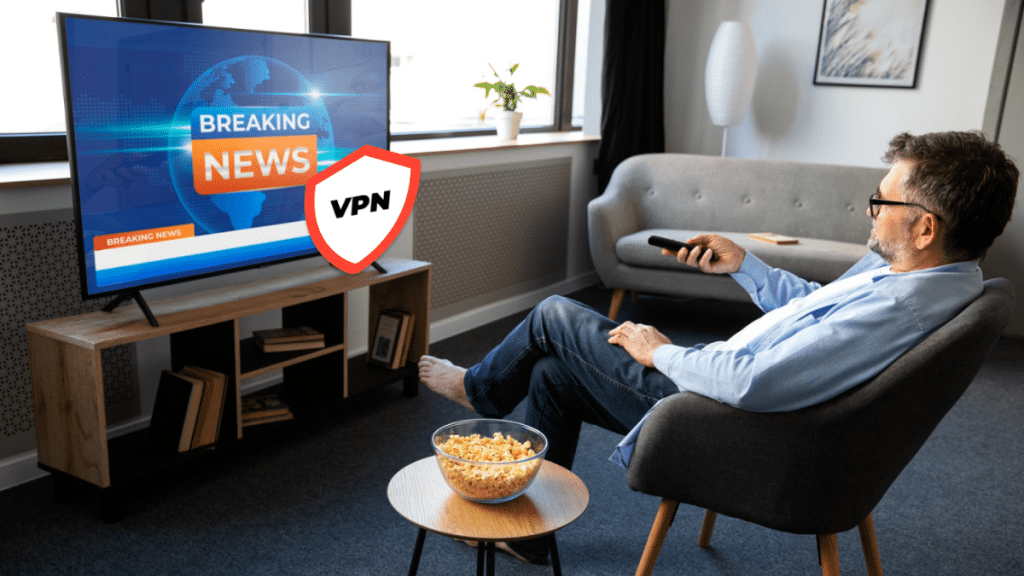Tired of missing your favorite international TV gems simply because of where you are? Whether it’s British comedies, Canadian news, or Australian sports, a VPN might just be the magic wand for you. This blog dismantles how VPNs unlock live TV access worldwide. So, let’s dive in!
What is a VPN?
With a VPN, the internet knows no bounds. It artfully replaces your real IP address with one from a distant server, making you appear as if you’re browsing from another land. If you find yourself in the U.S. and connect to a UK server, you can enjoy TV and websites just like a true Brit.
A VPN enables you to dive into live TV from other nations by outsmarting those pesky geo-blocks that streaming platforms utilize. If a TV channel is exclusive to a certain land, connecting to a server in that country can give you a front-row seat to the stream.
Why Are TV Channels Geo-Blocked?
1. Licensing Agreements and Regional Rights
Geo-blocking is a necessity born from regional licensing agreements. Television networks negotiate broadcasting rights methodically, country by country. Consequently, an American series showing on NBC might instead grace Sky in the UK or Hotstar in India. These exclusive contracts prevent NBC from streaming beyond U.S. borders, making geo-blocking essential for compliance.
This scenario is particularly common with:
- Live sports broadcasts (think Premier League, NFL, Formula 1)
- Blockbuster films
- Exclusive reality shows and documentaries
- Star-studded award ceremonies and concerts
2. Advertising and Regional Content Strategies
TV channels also curate content tailored for specific audiences. This includes considerations for:
- Language
- Cultural tastes
- Local advertising
When broadcasting in France, you can expect a delightful array of French programming. Tailored towards French speakers, every show and advertisement resonates with local flair. Yet, for a U.S. audience, this rich tapestry may appear fractured or jarring. Geo-blocking plays its vital role, targeting relevant viewers and keeping advertisers’ goals on point.
3. Government Regulations and Censorship
In some nations, governments impose stringent rules on what can be seen on TV or online. For example:
- China censors political and foreign content.
- Certain Middle Eastern countries block shows with nudity or sensitive religious subjects.
- Germany imposes restrictions on Nazi-related material.
Due to these laws, broadcasters may be required to block access to specific content in certain regions. Even giants like YouTube and Netflix sometimes comply with these regulations through geo-blocking.
4. Preventing Server Overload or Piracy
A lesser-known reason for geo-blocking is server management and content protection. Platforms may restrict access to stave off:
- Excessive traffic from unexpected regions, which can bog down servers.
- Content piracy, especially in areas with rampant unauthorized downloading or rebroadcasting.
Geo-blocking helps broadcasters control the quality and spread of their services while mitigating the risk of illegal copying and distribution.
5. Different Pricing Models
Prices for streaming services vary like the changing seasons across different regions. Netflix, Hulu, and Disney+ often have a lower price in India than they do in the United States.
This pricing strategy hinges on regional income levels, purchasing habits, and market competition. If users from high-cost countries accessed lower-cost versions through crafty cross-border streaming, it could threaten the service’s revenue. Consequently, geo-blocking enforces pricing zones to keep everything fair and square.
The Perks of Streaming Live TV with a VPN

Tuning into live TV via a VPN unlocks a treasure trove of advantages. Here’s a taste of the delights awaiting you:
1. Global Access Awaits
With a VPN in your digital toolkit, the world’s a stage. Craving thrilling soccer matches from UK channels? Or perhaps live updates from France or Japan? A VPN effortlessly makes your viewing dreams a reality.
2. Break Free from Blackouts
Local broadcasting rights can throw a wrench in live sports plans. Fear not! A VPN allows you to shift your virtual location, sidestepping blackouts and tuning into the games that matter most.
3. Privacy Promised
While you lose yourself in back-to-back episodes, a VPN keeps you discreetly cloaked. Your digital footprint remains hidden; your privacy, perfectly intact.
4. Bypass the Bottleneck
Lag ruining your live sports showdown or binge-watch marathon? Your ISP could be the puppet master. A trusty VPN hides your digital footprints and smooths out your stream.
How to Stream Live TV with a VPN
Watching live TV via a VPN is a piece of cake—no tech degree needed! Follow this breezy, step-by-step guide to jump in:
- Select a Trustworthy VPN Provider: Seek one with lightning-fast servers in your desired viewing locations. Consider ExpressVPN, NordVPN, or Surfshark for top-notch service.
- Download and Install the VPN App: Most VPNs play nice with Windows, macOS, iOS, Android, and even Smart TVs or Firesticks.
- Connect to a Server in Your Target Country: Want to watch a Canadian show? Simply connect to a Canadian server. If you’re unsure where to start, the VPNHunt guide for watching Canadian TV in America offers a step-by-step walkthrough tailored to beginners.
- Visit Your Chosen Live TV Platform: Now that you’re connected, sail over to the website or app of your desired channel.
- Hit Play and Enjoy: Dive into the live action—your favorite shows, news, and sports await!
What to Look for in a VPN for Live TV
To stream live TV seamlessly, make sure your VPN checks these boxes:
1. Lightning-Fast Speeds
Streaming live video demands brisk internet speeds. A sluggish VPN invites buffering and lag, sabotaging your viewing pleasure.
2. Extensive Server Reach
Ensure your VPN boasts a bounty of servers in your desired countries. The more options, the merrier your streaming adventure.
3. Streaming Compatibility Guaranteed
Beware of streaming services that block VPNs. Opt for a provider famed for dodging these roadblocks with finesse.
4. Limitless Data Access
Unlimited bandwidth is a golden ticket; binge-watch to your heart’s content without restrictions.
5. Multi-Device Mastery
Whether it’s your phone, tablet, or Smart TV, choose a VPN that plays well with all your gadgets.
Can Free VPNs Handle Live TV?

The succinct answer is a firm no.
Free VPNs often come with a laundry list of woes:
- Limited server options (few countries or servers crammed like a can of sardines)
- Lagging speeds that turn streaming into a frustrating experience
- Annoying ads and pesky pop-ups
- Privacy pitfalls — some free VPNs peddle your data to third parties
If live TV without hiccups is your mission, investing in a premium VPN service is the way to go.
Final Thoughts
So, can you watch live TV with a VPN? The emphatic answer is a resounding yes! VPNs are not just shields for your privacy; they’re your keys to unlocking live TV magic from across the globe. Whether you’re chasing after missed episodes, catching live sports, or indulging in international entertainment, a VPN stands ready as your streaming sidekick.
